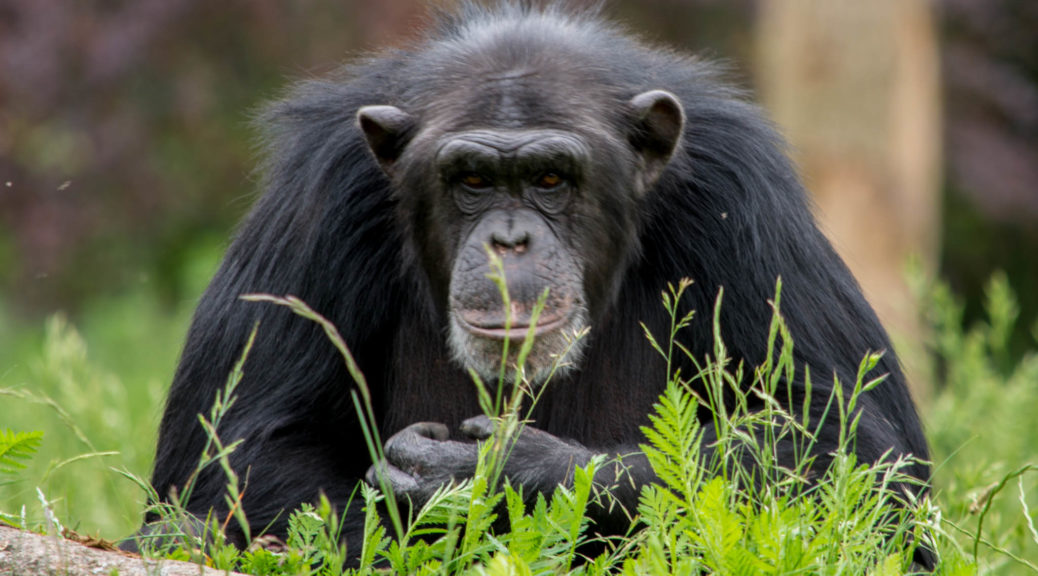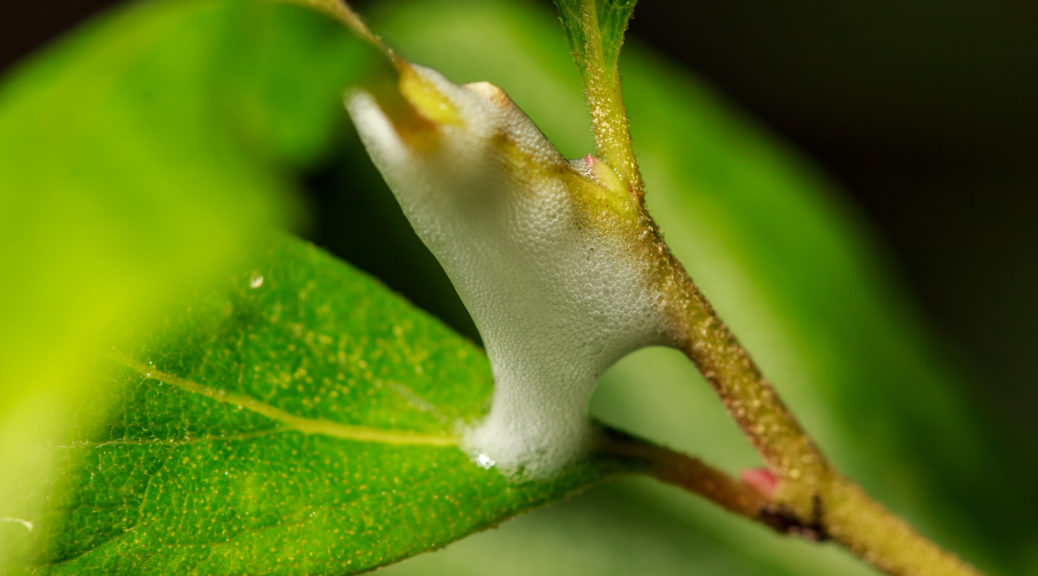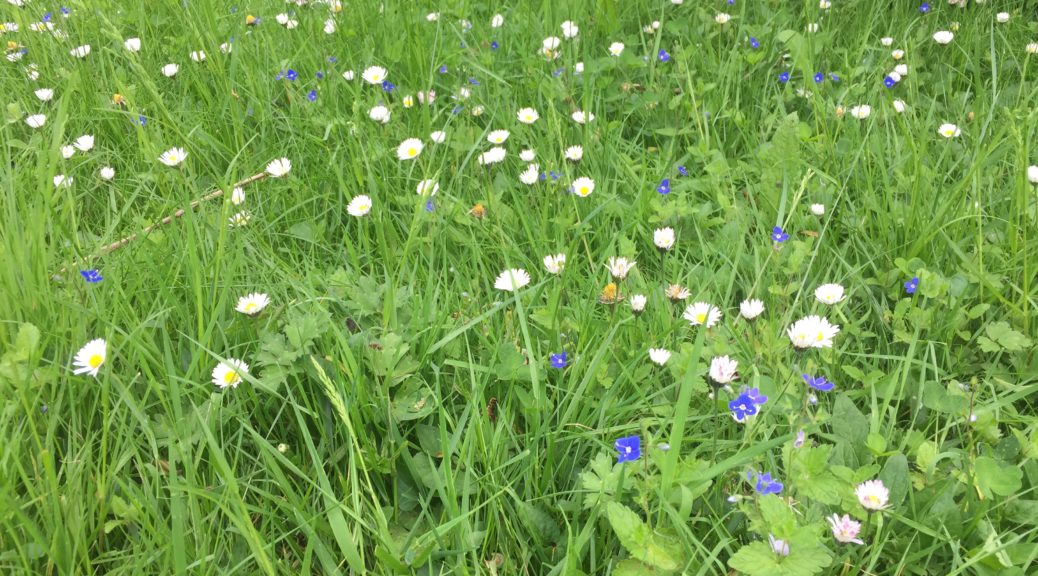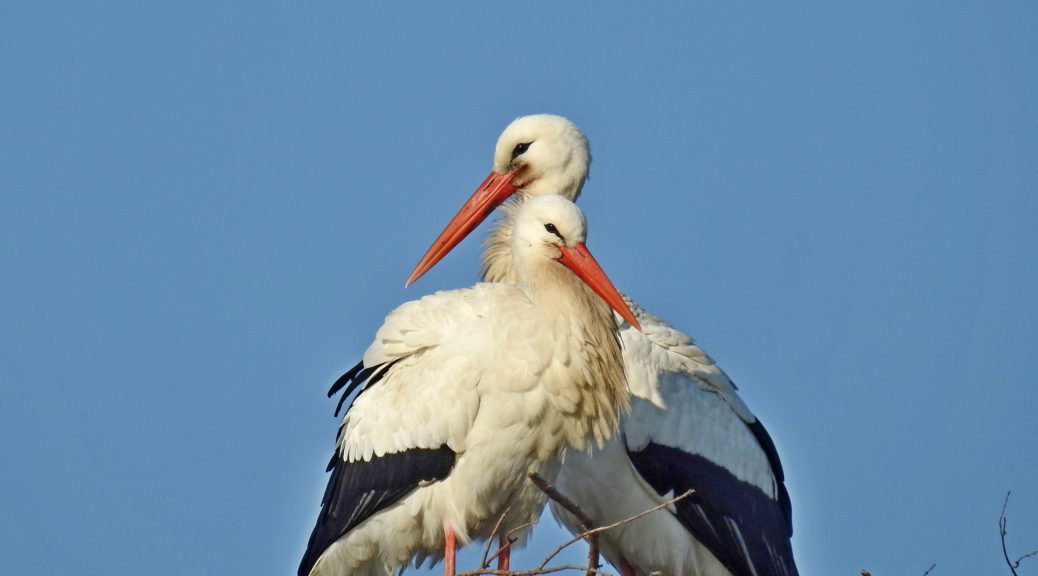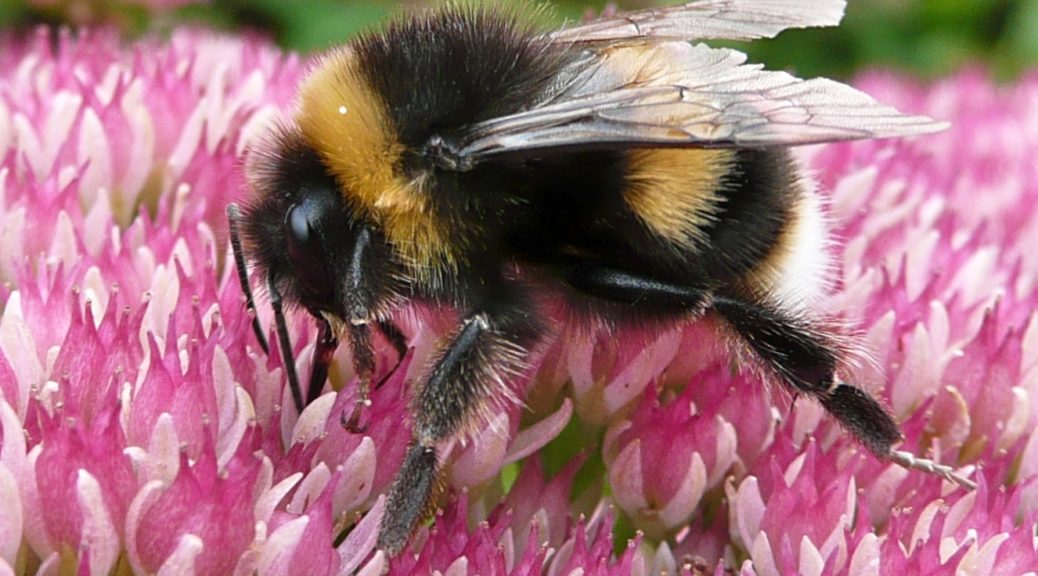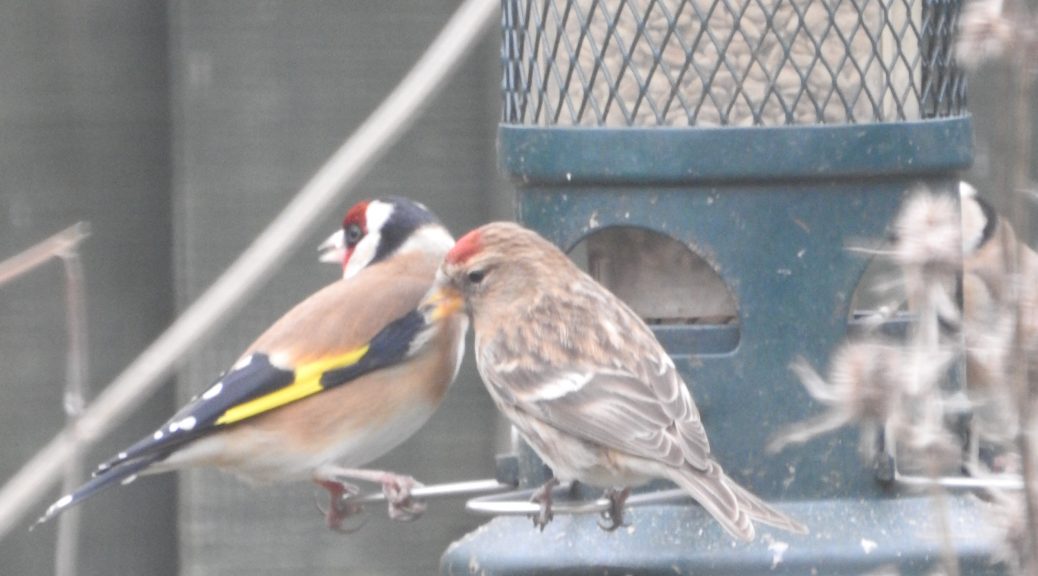The Times reports the Japanese practice of taking contemplative walks in woodland, which has won favour with the Duchess of Cambridge, should be prescribed by the NHS to combat stress, conservationists have said.
Shinrin-yoku, or forest bathing, was devised 40 years ago as part of a Japanese government initiative to improve the wellbeing of stressed salarymen. It requires walkers to breathe deeply and open their senses to the environment.
An estimated five million Japanese take part, spending time in the dappled sunshine, birdsong and woodland smells to revive body and spirit.

